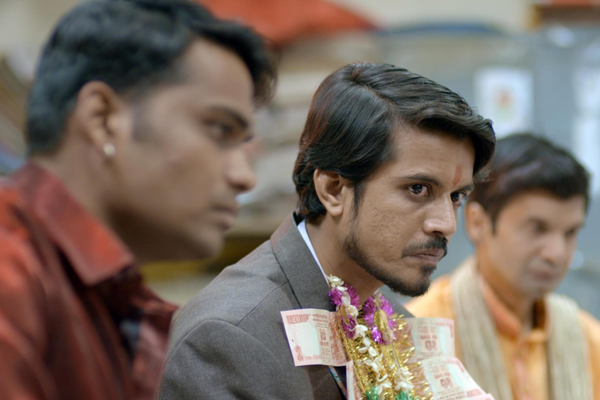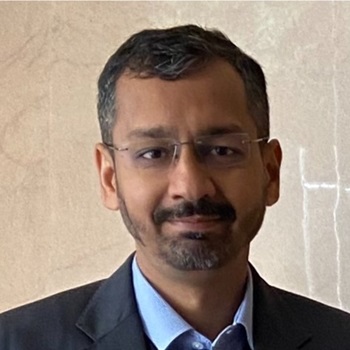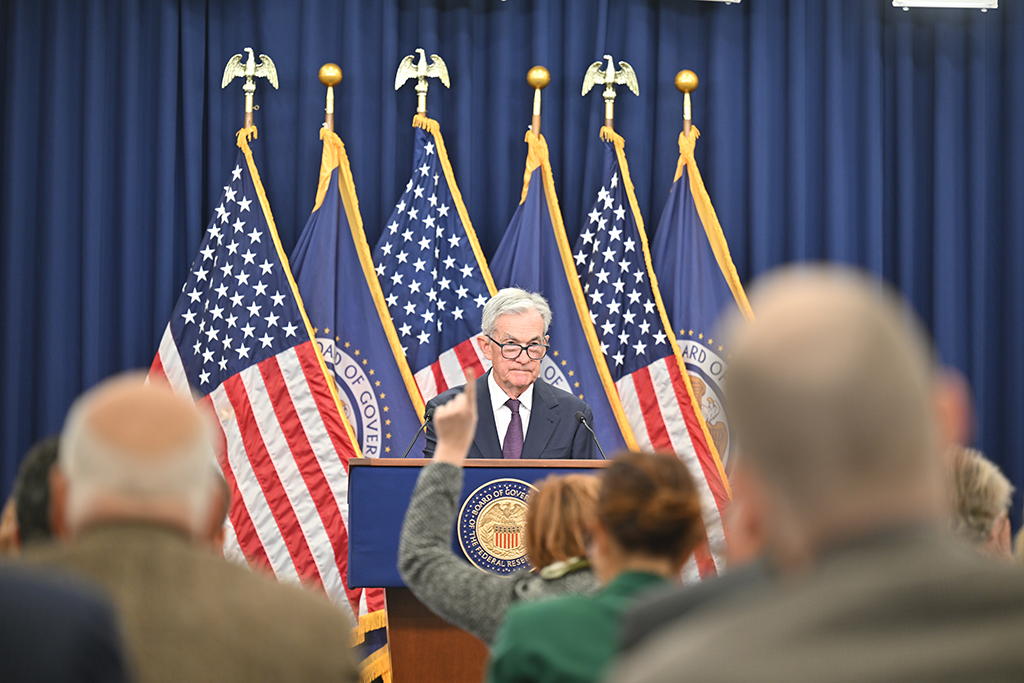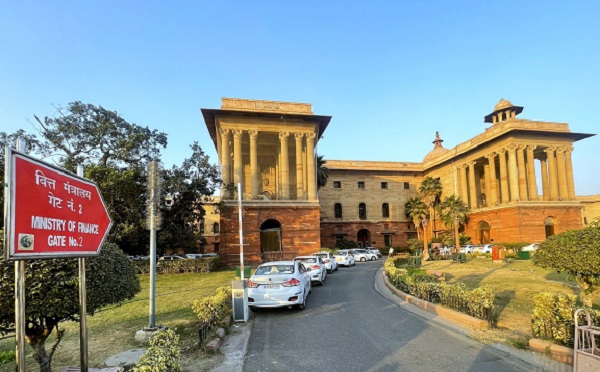.png)
Healing Within, Finding Peace Beyond Outer Conflict
Our greatest battles are often not with the world around us, but with the unhealed emotions within.


Dr. Srinath Sridharan is a Corporate Advisor & Independent Director on Corporate Boards. He is the author of ‘Family and Dhanda’.
May 11, 2025 at 5:29 AM IST
Think about the last time someone said something that hurt you. Perhaps it was a passing comment from a colleague or a cutting remark from a relative during a family gathering. Maybe it was an unexpected judgement from a friend or a stranger’s online post that hit too close to home. The moment might have lasted barely a minute, but long after it ended, the words stayed behind. You replayed the scene in your head, imagined alternate responses, tried to shake it off but couldn’t. That sharp little sentence curled up somewhere inside you, tighter than you realised.
Now, contrast that with a minor physical jolt—someone brushed past you on a crowded platform or bumped into your shoulder in a queue. It startled you. Maybe it even stung briefly. But you moved on. The incident dissolved quickly; its imprint barely noticeable a few hours later.
This contrast reveals something curious about us. Our minds hold on to emotional pain far longer than the body holds physical discomfort. It is not always the world around us that causes the greatest disturbance. Often, it is what we allow to ferment within. And yet, how much of our daily energy is spent fighting battles we believe are external?
In our homes, our offices, our WhatsApp groups, and our social media feeds, we brace ourselves for imagined slights and real provocations. A misunderstood message. A delayed compliment. A competitive undercurrent. Our reactions are swift. We explain. We argue. We distance ourselves. We dig our heels in and prepare for a fight. In all this commotion, what we rarely pause to consider is that some of our most exhausting enemies may not be people at all. They may be emotions. They may be within.
Ancient Indian wisdom has never shied away from naming these forces. The shadripu, or the six enemies of the mind—anger, greed, lust, pride, attachment, and jealousy—have been part of our cultural vocabulary for centuries. While the modern Indian might find it easier to talk about mental health through Instagram reels or corporate wellness programmes, our texts have long pointed to the same truths in different language.
These enemies are quiet, persistent, and deeply familiar. They appear in the workplace when a colleague gets recognition we felt we deserved. They creep into friendships when we sense someone drifting away. They show up in family conversations, in school admissions, in real estate envy, in wedding expenses, in every little place our ego decides to take offence.
And so we look around, trying to fix everything outside. We change jobs. Change cities. Change so many aspects of our daily lives. But the same restlessness follows. Because what we are trying to escape is not geography. It is unprocessed thought. What we are running from is discomfort we haven’t learnt to name.
In India, where social obligations and emotional expectations are woven tightly together, this inner turmoil can feel especially heavy. Our festivals require joy on demand. Our family WhatsApp groups demand cheerfulness even when we’re gasping for space.
Respecting elders and staying silent often means swallowing anger without digestion. And in workplaces, especially in hierarchical Indian organisations, people hold on to years of resentment with a polite smile and a simmering heart.
We are not alone in this. We are simply not paying enough attention.
There’s a reason some people, despite modest lives, carry a rare calm. And others, even with privilege and power, seem perpetually agitated. The difference is not in what surrounds them, but in what stews within. Their ability to observe their own mind, to befriend it rather than be bullied by it, gives them strength that no external validation can offer.
This is not a remote idea to detach from the world or become saintly. Far from it. It is a reminder to simply notice. Notice what you feel when someone says no to you. Notice what rises when someone else is praised. Notice how long you carry that insult from last week’s meeting. That noticing itself is transformative. It creates a tiny space between you and your reaction. And in that space, a different response is possible.
Modern science too, in its own language, confirms this. Stress, when unacknowledged, becomes illness. Emotional clutter turns into fatigue. Suppressed anxiety finds its way into our bodies, our sleep, our relationships. And then we look at our perfectly functional lives and wonder, why does this still feel so hard?
The ancient Indian insight is disarmingly simple. Clean your inner mirror and the world reflects back more gently. Heal your own response and others begin to lose their power over you. This is not about erasing difficulty from your life. It is about building an inner clarity that lets you walk through storms with steadier feet.
No one else can do this for us. Not parents, not spouses, not therapists, not even spiritual teachers. Their guidance can help. But the work is deeply personal. Each of us must sit with our own mind, listen to its complaints, soothe its insecurities, and question its stories. When we do that consistently, something subtle begins to shift. The mind stops being an opponent. It becomes an ally. The heart softens. The urge to retaliate fades. And peace is no longer a borrowed idea—it becomes lived experience.
So, the next time someone hurts you or annoys you or dismisses you, pause before launching into a reaction. Sit with the discomfort. Ask yourself, what is this really about? What memory is it touching? What fear is it stirring? And most importantly, what would it take to not carry this any further?
Because sometimes, the person we think we’re fighting is just a stand-in. The real battle is happening somewhere quieter. The enemy is not the other. It is an old wound that has waited too long for your attention. And that wound, once seen with compassion, begins to heal. And in that healing, we find something stronger than reaction. We find resilience.



